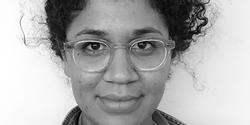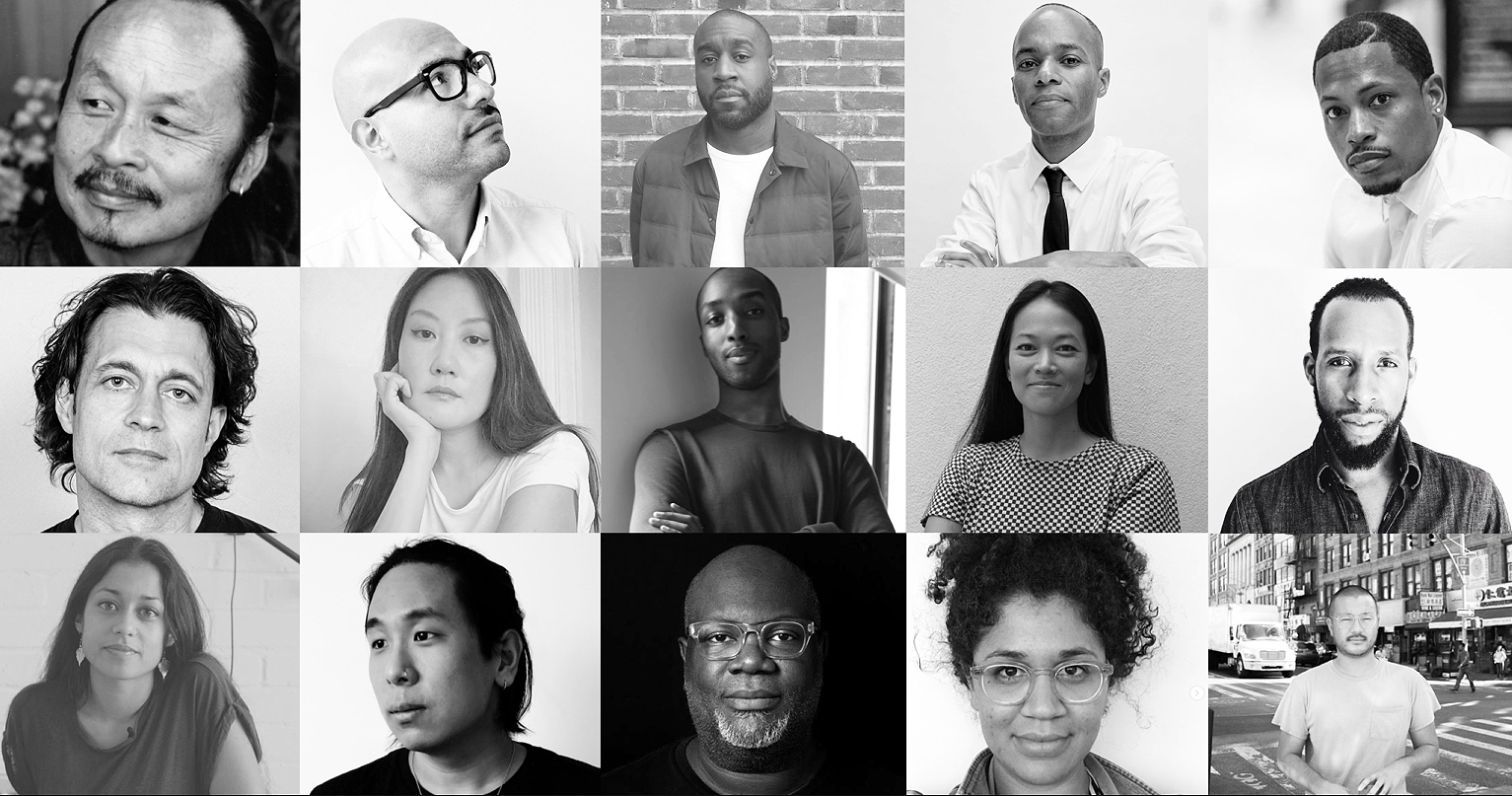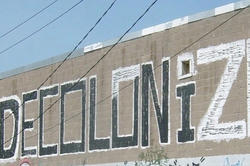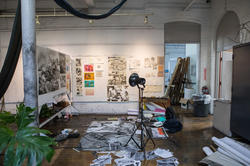Faculty, curators and librarians come together for a semester-long seminar on decolonization that builds on the institution’s commitment to advancing social equity and inclusion.
Five Questions: Jacqueline Shaw

Last year RISD hired a cohort of full-time faculty members focused on race, colonization, decolonization, post-coloniality, cultural representation and material practices of resistance. The educators who joined the community as part of that “Race in Art & Design” cluster hire initiative began teaching at RISD in the fall and have graciously agreed to share their unique pedagogical approaches in this series of Q&As. In this interview, we hear from Architecture department faculty member Jacqueline Shaw.
Can you please say a little bit about yourself and your areas of academic focus?
I’m trained as an architect, and I’m also interested in how history and preservation have formed the way we think about the built environment: what we save, what we cherish, what we care for. I’m not a trained preservationist, but there are ways to use that language in architectural practice. Nothing is new; it’s always in response to something that came before.

What attracted you to RISD?
The pivotal people in my academic life were those who encouraged me to think as broadly as possible, to test different ideas through making. That’s a primary ethos at RISD and something I’m constantly amazed by. RISD students are fearless, and I think you have to be if you want to ask the really big questions. That’s what brought me here and what keeps me here.
“RISD students are fearless, and I think you have to be if you want to ask the really big questions.”
What classes are you teaching and what challenges and opportunities do you face teaching through the lens of decoloniality?
I’ve had the privilege of working with students in their first Design studio and at the end of their time in the Architecture department as part of the thesis sequence. I’m here to help them think about all the different directions in which they can take their work. I also taught a fall seminar open to grads and undergrads from different departments called Questions of Preservation, and I’m currently teaching a Wintersession class about editing and refining research.

I’ve come to accept the fact that a lot of my own education was from a supremacist standpoint: this one accepted narrative or purposefully crafted lineage of thought. But there are all these other lenses we can consider as well. And I teach students not to be dependent on the power figure in the room to dole out the information. I encourage them to do their own research and to tap into other kinds of histories. That’s how I approach decoloniality.

What’s the most important thing you hope students will learn in your classes?
I tell students their projects are amazing because they’re theirs. They don’t have to be validated by me or by the institution. That said, I recognize that we’re in a system that creates a certain power dynamic, and I have to be transparent about that. But I hope students walk away with the understanding that they can control the critique, that they know better than anyone what they need and who their work is for.
“I hope students walk away with the understanding that they can control the critique, that they know better than anyone what they need and who their work is for.”
What is your take on RISD’s current state in terms of social equity and inclusion? What would you like to see the college focus on moving forward?
That’s a loaded question! I think current discussions about social equity date back in recent history to 2016, which seems like a long road for students but is a short period of time in the life of the institution. RISD has taken steps that other institutions look to, but there’s a long way to go. And I think it’s good to be honest about that and not to rest on our laurels because there is still much to repair. I think about these efforts in terms of generations. What pivotal decisions are we making now that address immediate needs and will make RISD accessible to students in 20 years, 30 years, 40 years?
RISD can feel hard to navigate, but if you give it a little time, it’s really magical. You can have an idea for something you want to do—even just an inkling—and figure out how to make it happen here. You can find your way. In the cultural moment we’re in now, it deserves the time. We can figure it out.
—interview by Simone Solondz
Read the whole series and learn more about RISD’s commitments to Social Equity and Inclusion.
February 2, 2022

